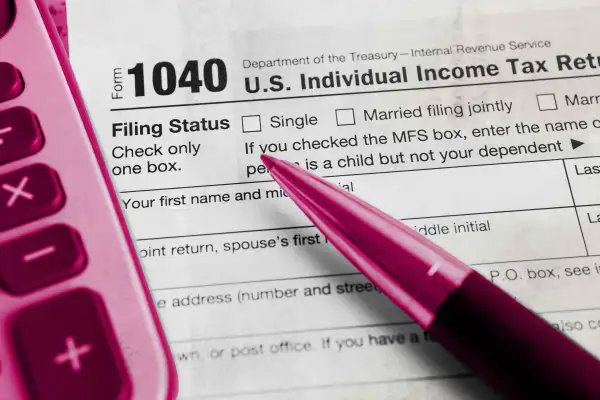How Big Will Your Tax Refund Be? Many Taxpayers Have No Idea

Money; Getty Images
Nothing in life is certain except death and taxes, but many U.S. adults apparently aren’t so clear on the particulars of the latter.
The results of a Morning Consult poll released this week found that 30% of Americans say they aren’t sure whether they'll receive a tax refund or owe the IRS money each year. A majority of those surveyed also reported having little or no knowledge about their options to file taxes for free.
Here's How to Track Your Tax Refund
13 Weird Things the IRS Considers Taxable, From Bribes to March Madness Pools

